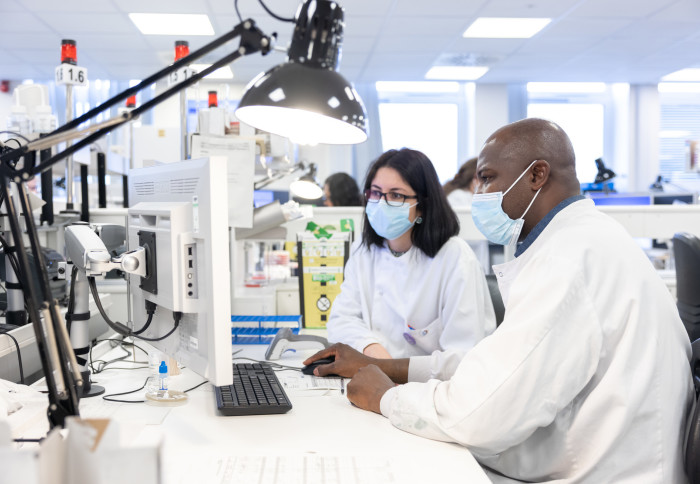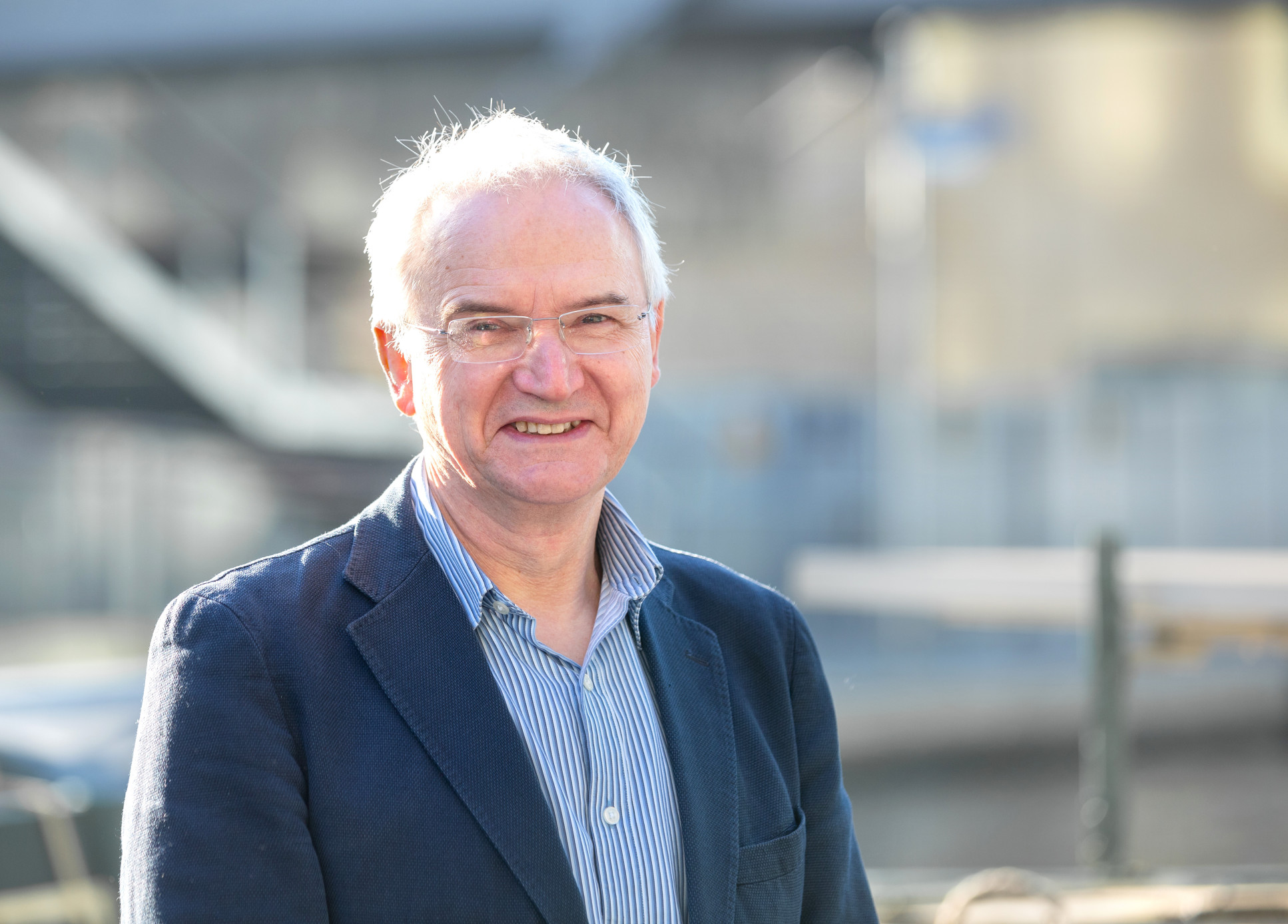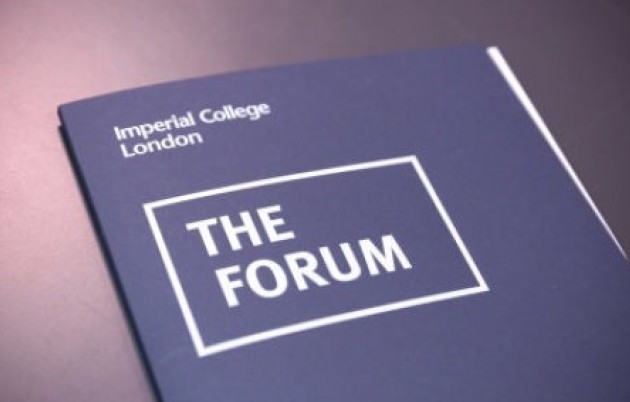‘Disastrous’ consequences of cuts to global science collaboration, warn experts
by George Hope

Experts have emphasised the value of international collaborative science and the need for its long-term financial security.
Speaking at a panel event on 'Science after coronavirus', jointly organised by The Forum, Imperial’s policy engagement programme, and the Institute for Government, Professor Peter Openshaw highlighted the “huge benefits for society” that science has brought during the COVID-19 crisis.
Professor Openshaw, a respiratory physician and mucosal immunologist at Imperial's National Heart & Lung Institute, pointed to decades of investment in science that has meant the UK has been able to contribute on a global stage to fighting the pandemic, but warned of the “disastrous” consequences of cuts to science funding.
I hope that in the future we can maintain and enhance science funding, rather than finding ways to cut it, which would be disastrous. Professor Peter Openshaw Imperial College London
Part of a series of events on science, evidence and policymaking by The Forum and the Institute for Government, the panel was completed by Dr Rupert Lewis, Chief Science Policy Officer at the Royal Society, and Dr Beth Thompson, Head of Policy and Advocacy – UK and EU at the Wellcome Trust.
Dr Thompson said that although the government’s rhetoric around the UK as a science leader is encouraging, cuts to the overseas aid budget mean that some science projects – including in global health - will be “stopped in their tracks”.
“That will inevitably damage projects and partnerships at a time when we should be seeing their benefits,” she argued.
The UK government has decided to reduce the funds available for Official Development Assistance (ODA), which funds important academic collaborations that create innovative solutions to global problems.
The announcement also comes at a time when there are increasing concerns that the government has not made additional funding available to support the UK’s association to Horizon Europe.

Professor Openshaw, who is vice-chair of NERVTAG, the government’s New and Emerging Respiratory Virus Threats Advisory Group, said the last year has shown “the power of science and how long-term support for and investment in science can have such great benefits for society.
“I hope that in the future we can maintain that, and enhance science funding, rather than finding ways to cut it, which would be disastrous,” he said.
Dr Rupert Lewis highlighted the need for the science community to keep communicating the benefits of science, pointing to the UK’s “astonishing research capacity” but warning of its fragility: “it will take years to get back [our research capacity] if we lose it.”
The Forum: Connecting our researchers with policymakers
 The Forum is Imperial College London’s policy engagement programme, connecting Imperial researchers with policymakers to discover new thinking on global challenges. Please get in touch if you would like more information via the.forum@imperial.ac.uk or follow us on Twitter, @imperial_forum.
The Forum is Imperial College London’s policy engagement programme, connecting Imperial researchers with policymakers to discover new thinking on global challenges. Please get in touch if you would like more information via the.forum@imperial.ac.uk or follow us on Twitter, @imperial_forum.
Article text (excluding photos or graphics) © Imperial College London.
Photos and graphics subject to third party copyright used with permission or © Imperial College London.
Reporter
George Hope
Office of the President